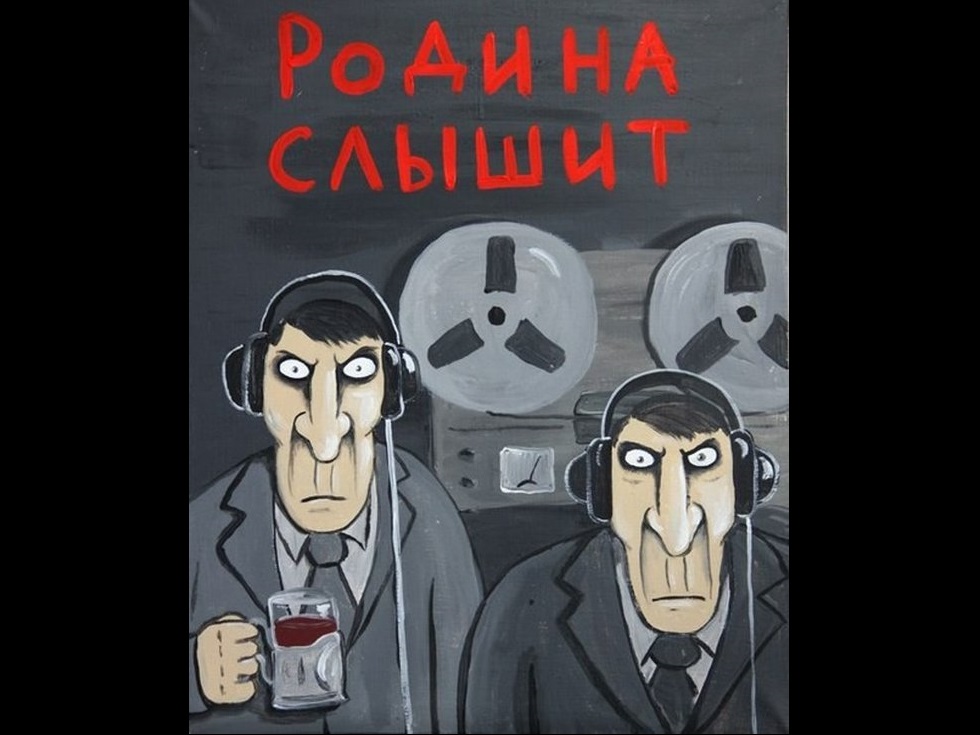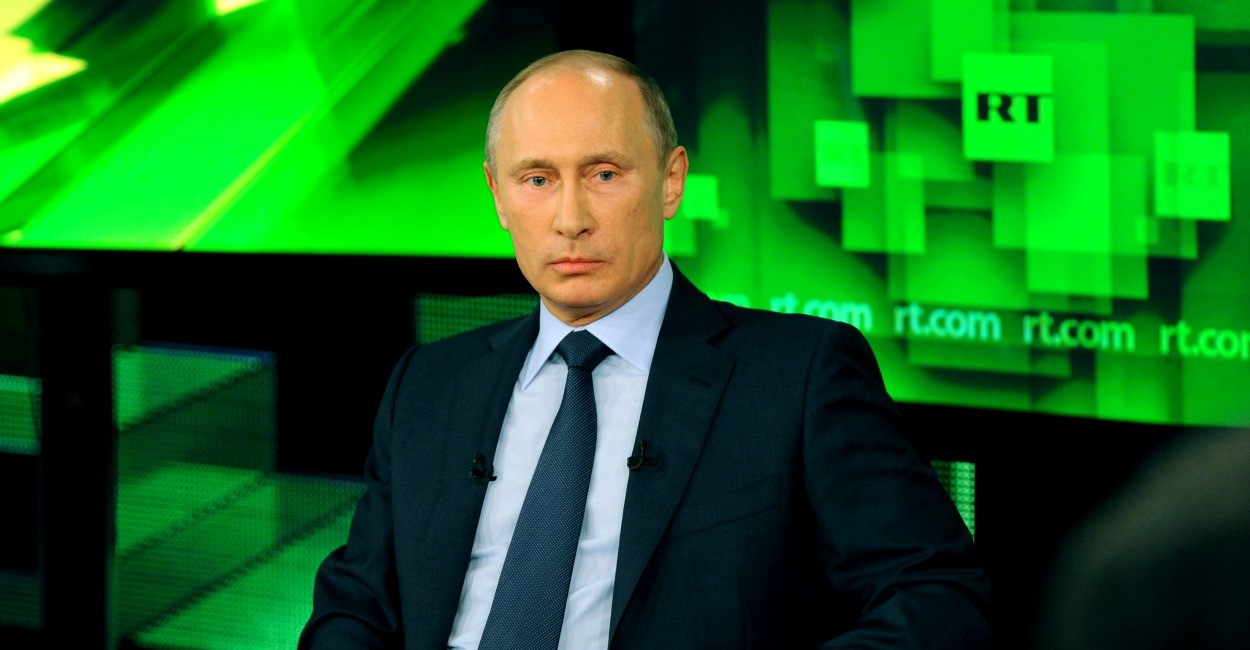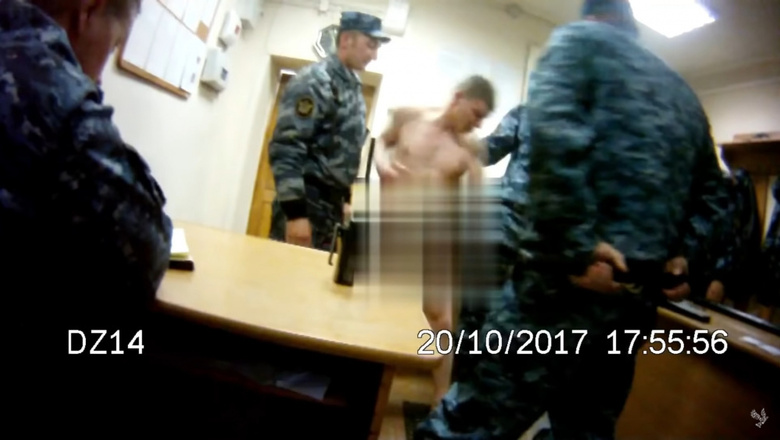The role of Russia’s security services changed in the last year, Andrey Soldatov and Irina Borogan say. It was no longer to be “the new nobility” as had been true earlier in Putin’s time – that term itself disappeared from public use in 2017 – but rather like the officers of the KGB of the end of the Soviet period.
This means, the two independent Russian researchers on Russia’s intelligence and security agencies write in Yezhednevny zhurnal today, that “the methods of state control have changed” from the previous arrangements in which FSB officers were attached to various structures and expected to play a major role in running them.
Now, Soldatov and Borogan suggest,
And thus, “it is obvious” as could be seen with the Kirill Serebrennikov case “that we are observing a return of Soviet understandings in the work of the special services,” one in which the FSB officers are held apart from the institutions that they may be dispatched to carry out targeted repressions.
For many years, the two write, “it was very fitting to have in the second or third position in a state company a highly placed FSB officer, with very high pay which motivated him to help the companies and not the special services.” Indeed, banks and other companies sometimes asked for the assignment of such people.
But over the last year, “the meaning of the term ‘curatorship’ has changed,” the continues, and “the FSB has restored its Soviet meaning – and now curators in fact are occupied with specific goals for selective repressions.” That is only one of the Soviet-era methods restored in 2017, Soldatov and Borogan say.
Purges are being conducted in the same way: first a problem area is identified, and then people are removed via criminal or other charges.
They call attention to the fallout in Russia from the continuing scandal about Russian interference in the American elections. The FSB’s Center for Information Security, which was clearly involved, had its chief removed, one deputy sent into retirement after being given a three-year suspended sentence, and another now is sitting in Lefortovo Prison.
Other FSB officers have been arrested as well, they note. Compared to the previous practice under Putin, “all this is extremely unusual.” Earlier, if an FSB officer on detail to a company or institution, he was required to resign in advance of the announcement of his dismissal so that the FSB would escape opprobrium. Now that practice has changed.
The recent and much-discussed interview of FSB director Aleksandr Bortnikov on the 100th anniversary of the founding of the Cheka and especially his “warm words about Lavrentiy Beria,” Soldatov and Borogan say, “is the best confirmation of the fact that in the FSB itself, they completely recognize this new but in fact well-forgotten old role in the new reality.”
That role, they conclude, is to be “the key instrument in a system in which the running of the state is secured by fear.”
Read More:
- Chief of Russia’s FSB: Stalin-era repressions were largely justified
- After the coup in occupied Luhansk: a real junta and more Russian FSB control
- Ukrainian teen abducted by Russian FSB charged with school bomb plot, denied medical treatment
- Exiled Putin critic’s murder in Kyiv work of FSB, Ukraine’s top prosecutor says
- FSB may be well pleased with Zapad-2017 outcome, Belarusian analysts say
- Another “terrorist”? Russian FSB kidnaps, tortures Crimean Tatar to obtain false “confession”
- Russian FSB abducts Ukrainian teen who went to meet a girl in Belarus
- FSB demands detailed personal information on Russians using social networks
- Putin’s greatest fear is the FSB refusing to fire on the Russian people, Golts says





